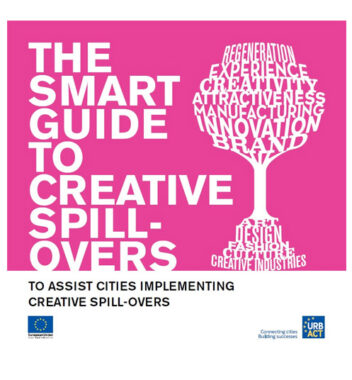
Feasibility study for the establishment of a European Music Observatory
The lack of data in the field of music has led to calls from within the sector supporting the creation of a European Music Observatory which would act as a centralised music data and an intelligence hub at European level. It is in this context that Panteia and KEA European Affairs, in collaboration with independent experts within the sector, carried out a ‘feasibility study for the establishment of a European Music Observatory’. The results of the study have been published today by the European Commission, who commissioned the study in the scope of the 2018 Preparatory Action “Music Moves Europe: Boosting European music diversity and talent”.
Very few sources of micro- and macro-economic data on the sector
Discussions since 2015 between the Commission and the sector highlighted an ongoing problem for the European music sector when it comes to data. Currently there are very few sources of regular comparable and structurally collected micro- and macro-economic data on the sector. There is limited data on the circulation of repertoire, and patchy data on the social and cultural impact of music on European citizens. A specific mechanism or organisation that can help policy makers in the EU and the European Commission make informed decisions about the sector, based on authoritative data assessment, does not exist.
Possible development of a data collection organisation
The study investigates the possible development of a data collection organisation, a European Music Observatory, as a resource to drive relevance and value for future policy actions in the music portfolio and across the sector. Gaps in data availability are identified, as well as the possible scope of a future observatory in terms of the types of data to be covered. On this basis, a ‘four-pillar structure’ is presented. The potential costs and possible organisational basis for a credible Observatory function are explored, and an analysis of different possible options for the set-up and operation of an Observatory is provided, taking into account the specific characteristics and requirements of the European music sector.
The project team worked with an Advisory Board of representatives from relevant areas of the European music sector and engaged in a broad consultation with sectoral stakeholders, potential data suppliers and policymakers throughout the course of the project.
More information
The full study can be found here, and executive summaries in English, German and French can be found here.















